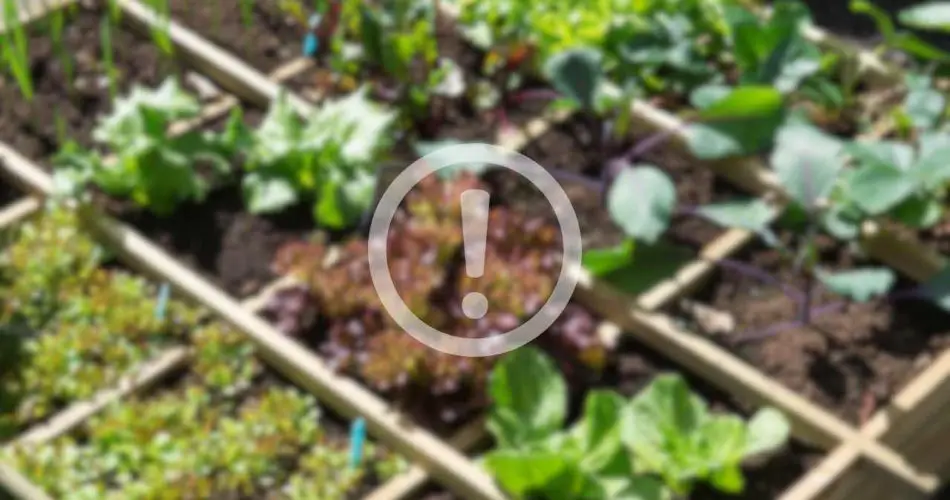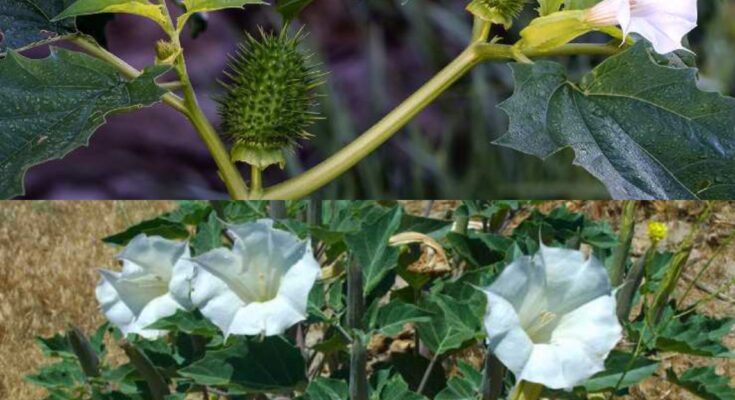Home Garden Tips

This plant is poisonous, many grow it in their gardens: check if you have it
Beware of planting this toxic species in your garden: ensure it’s not present
Not all plants serve as safe additions to your garden. In this article, we’ll guide you on identifying and avoiding a highly poisonous plant. Here’s everything you need to know about it.
Many individuals with outdoor spaces or gardens appreciate cultivating their own produce. This practice not only yields chemical-free, locally sourced food but also provides a sense of fulfillment in serving homegrown items at the dinner table.
From potatoes to tomatoes, peppers to celery, lettuce to chard, the options for cultivating a rich, well-maintained vegetable garden are plentiful. With some experience and dedication, maintaining a thriving vegetable patch becomes second nature.
Certain vegetables are particularly beginner-friendly. Tomatoes, for instance, thrive with ample sunlight and nutrient-rich, well-draining soil. Other straightforward crops include courgettes, spinach, radishes, peppers, and onions. However, instead of delving into cultivation techniques for these vegetables, this article aims to alert you to the risks associated with one specific plant.
Never introduce this toxic plant to your garden: it poses significant risks The plant in question is Datura Stramonium, commonly known as devil’s horn. Due to its highly toxic nature, it’s imperative to refrain from cultivating it to prevent potential poisoning or complications.
Consequently, it’s crucial to thoroughly familiarize yourself with the characteristics of each plant before planting, thereby mitigating any potential issues. While many plants offer health benefits, others, like Datura Stramonium, pose considerable risks and should be avoided altogether.
This is particularly true for Datura Stramonium, as all parts of the plant, especially its seeds, are highly poisonous to humans and animals. In cases of uncertainty, seeking guidance from gardening experts is advisable to ensure the safety of your garden and future consumption.
A recent incident in Gravina di Caltagirone, Sicily, serves as a stark reminder of the dangers posed by ingesting Datura Stramonium. Mistaken for courgette flowers, individuals consuming its seeds and leaves ended up in the emergency room, exhibiting symptoms of poisoning.
Consumption of Datura Stramonium flowers and seeds can induce hallucinations and delusional behavior, with severe cases potentially leading to coma or death. As such, exercising caution in plant selection is paramount, with the absolute avoidance of Datura Stramonium being strongly recommended.
While medical intervention can mitigate the symptoms of poisoning, prevention remains the best course of action.



